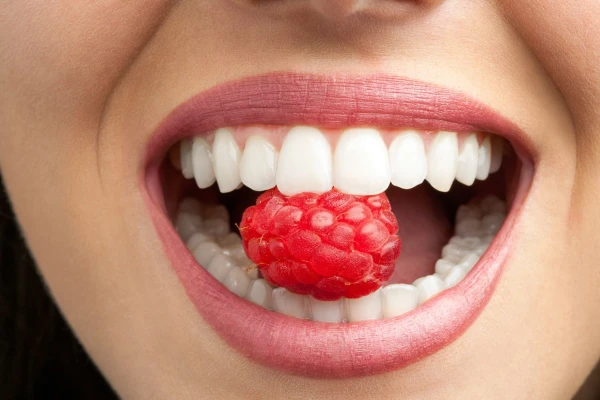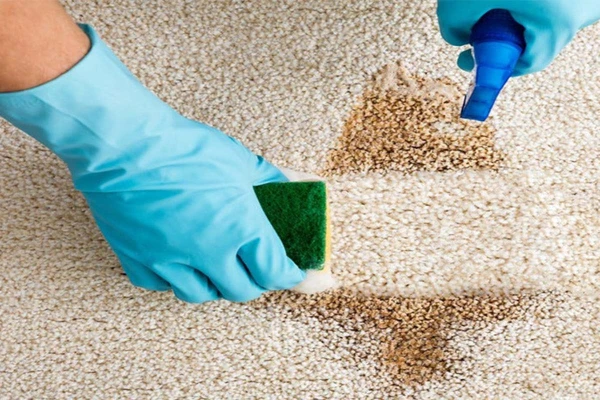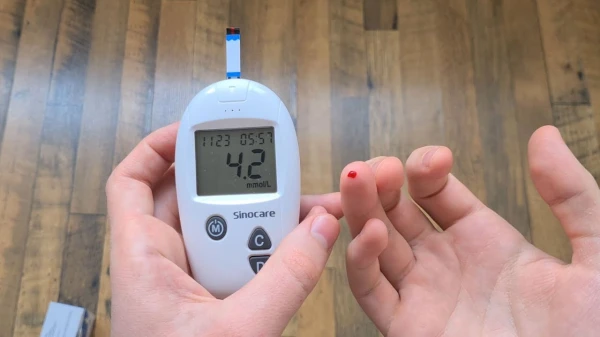
Tooth loss may seem like purely an aesthetic problem to many, but this is far from the truth. The absence of even one tooth triggers a chain of negative consequences that affect the health of the entire body. Dentist with over 25 years of practical experience and owner of a multidisciplinary medical center Vladimir Shipkov explained why an empty space in the dental arch is much more than just a cosmetic defect.
Consequences of Tooth Loss
-
Violation of smile aesthetics. The missing tooth (or rather, the gap that has formed in its place) immediately catches the eye of those around, and the face begins to look asymmetrical. This leads to complexes, a sense of inferiority, and limitations in communication, affecting personal and social life.
-
Decreased functionality. The loss of a tooth disrupts the bite, makes it difficult to chew food and articulate sounds. "Adjacent teeth tend to close the gap that has formed, leading to their displacement and deformation. The lost contact between the upper and lower teeth increases the load on the remaining teeth, provoking their premature destruction," says our expert.
-
Emergence of functional disorders. A defect in the dental arch alters the normal chewing process, increases tension on the jaw joints, and causes dysfunction in the temporomandibular joint (TMJ). This can manifest as pain, clicking, dizziness, and even migraines.
-
Resorption of bone tissue. A very serious threat is the atrophy of bone tissue in the area of the lost tooth. Deprived of natural load, the bone begins to lose volume and resorb. Within a year after tooth loss, the volume of bone tissue can decrease by a quarter. Subsequently, this complicates further prosthetics or implantation.
-
Development of dental diseases. "The free space between teeth promotes the accumulation of food debris, the formation of dental plaque, and the further spread of bacteria. This leads to the development of caries, pulpitis, periodontitis, and other oral diseases," explains the doctor.
Modern Methods of Tooth Restoration
If you have found yourself without a tooth, do not be upset. There are several ways to restore it, as explained by our expert.
-
Implantation — a modern and reliable method of restoration by installing a titanium post in the bone, mimicking the natural structure of the root. The procedure is durable and reliable but requires sufficient bone thickness.
-
Bridge prostheses — a bridge is placed over adjacent teeth, compensating for the lost tooth. Suitable if the adjacent teeth are healthy and can withstand additional load.
-
Partial removable dentures — lightweight structures that can be removed independently. Optimal for a temporary solution to the problem or when other restoration methods are not possible.
-
Orthodontic treatment — allows for aligning the dental arch, preventing displacement, and maintaining the correct relationship between teeth.
Why You Shouldn’t Delay Restoration
Have you lost a tooth for some reason but are in no hurry to restore it? Our expert advises against this, as delaying restoration leads to catastrophic consequences:
-
Gradual destruction of adjacent teeth.
-
Increased risk of chronic oral diseases.
-
Loss of bone mass and complications in subsequent procedures.
-
Inability to comfortably eat and disruption of digestion.
-
Appearance of chronic headaches and migraines.
How to Prevent the Problem
The main recipe for dental health is prevention. Here’s what Vladimir recommends:
-
Regularly visit the dentist at least once every six months.
-
Maintain daily oral hygiene.
-
Follow a healthy diet rich in calcium and vitamins.
-
Timely treat caries and other dental diseases.
"The sooner you start the restoration process, the easier and cheaper it will be to deal with the situation. Don’t wait until the empty space starts to affect your quality of life," concludes the dentist.












